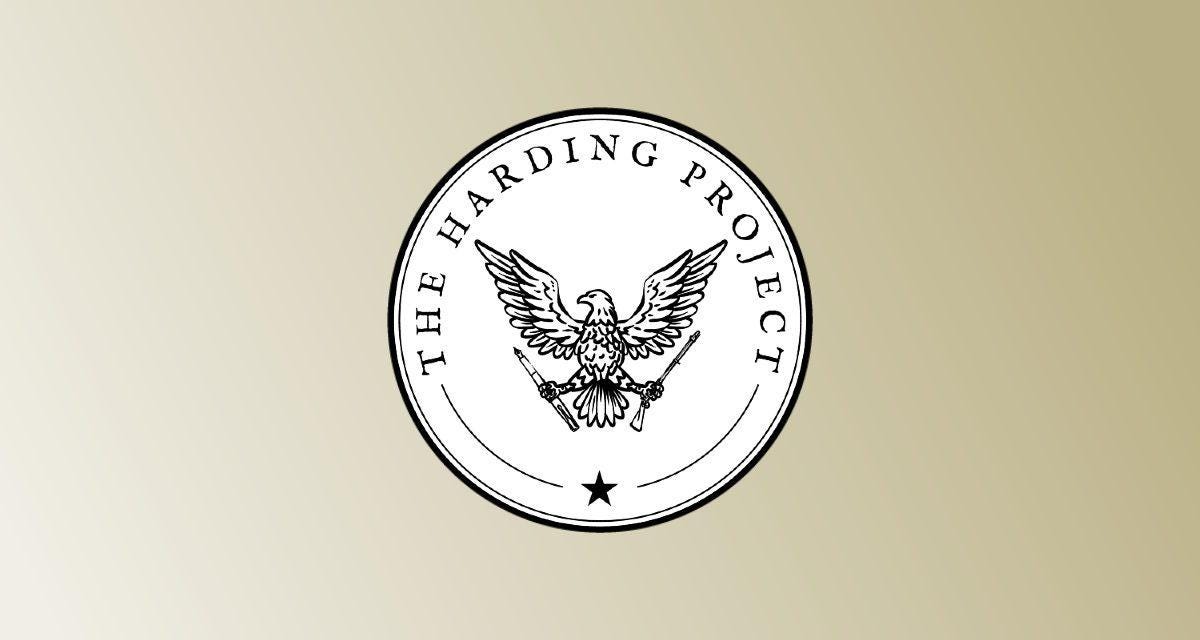The Harding Project: A Re-Introduction
Allow us to reintroduce ourselves
In 1934, the Army raced to transform itself for the next war. The Great Depression, surplus equipment from World War I, and limited manning challenged the Army. Knowing his branch would need to think harder, the Chief of Infantry appointed then-Major Edwin “Forrest” Harding as the editor of the Infantry Journal. Harding renewed the Infantry Journal, doubling circulation and fostering debates on mechanization, the tank, and the Army profession. Today, the Army again finds itself in an interwar period, seeking to transform before the next war.
Today, the Office of the Chief of Staff of the Army renews professional writing through the Harding Project. Free of Common Access Card controls or classifications, the Army’s professional journals link leaders to win our nation’s wars. Writing can directly impact policy (like tracking foreign disclosure officers), share lessons that improve the Army, or influence broader Army debates on topics like Multi-Domain Operations. Crucially, writing harnesses our profession, helping us think harder without significant new costs.
Both senior leaders and junior leaders have important roles to play. Senior leaders should encourage professional writing by recognizing those who influence them and encouraging those with good ideas to commit them to paper. More junior leaders should share their ideas and help others get started.
While long-time readers are familiar with this story, this post seeks to “catch-up” new readers.
The Harding Project: What it is
The Harding Project aims to renew the Army’s system of professional journals, but not to supplant them with something new. Broadly, we’re pursuing a four-point platform as we inform the Army about these changes.
Modernize. Longtime readers of Infantry or Engineer will see them modernized to a web-first, mobile-friendly format that reaches the scrolling Soldier. This website is under development and will launch this summer.
Archives. We’re also making archives more accessible. Armor dates to 1888. Infantry to 1930. Through partnership with the Defense Technical Information Center, the Army will soon make about 120,000 articles searchable on Google and other search platforms.
Staffing. After decades of cuts, the Army will right-size journal staffing. The uniformed staff will ensure journals remain relevant in content and format, while the civilians bring editorial expertise and continuity. Look for a new Broadening Opportunity that competitively selects, develops through graduate education, and employs uniformed editors this fall.
Education. The Army is also looking at low-cost changes to professional military education curriculum. For example, adding requirements to cite military journals will familiarize the force with them, but not add burdensome new requirements.
Outreach
Beyond those largely internal efforts, the Harding Project reaches out to formations across the Army to explain why professional writing is important and the changes coming. Key actions include:
Chief of Staff of the Army’s Articles of the Month. General George recognizes three articles a month by Army authors. In addition to their recognition at Army University Press, recognized authors receive a star note and coin from the Chief.
Writings on the Substack and with the Modern War Institute (MWI) at West Point. The Harding Project publishes writing on writing here on the Substack, and longer form articles at MWI. Some recurring features there include #ArmyAuthor and Know your Branch Magazine.
How-to Articles and Special Issue of Military Review. We continue to publish “how-to” articles for those that want to write articles or start a unit writing program. This summer, we will publish a special issue of Military Review focused on professional discourse that will be mailed across the Army and also available online.
Other outreach. We also speak on podcasts, speak to Army forums, and visit posts depending on our schedule and yours to spread the word about professional writing in the Army.
We hope you stick around. This Substack will keep you informed of new how-to guides or events related to renewing professional discourse in the Army.




How can I be a part of this? I’m working in the same direction. Would love to chat about this. I’ve reached out on LinkedIn.
I’m on with you fellas. Great initiative. Believe in your purpose.